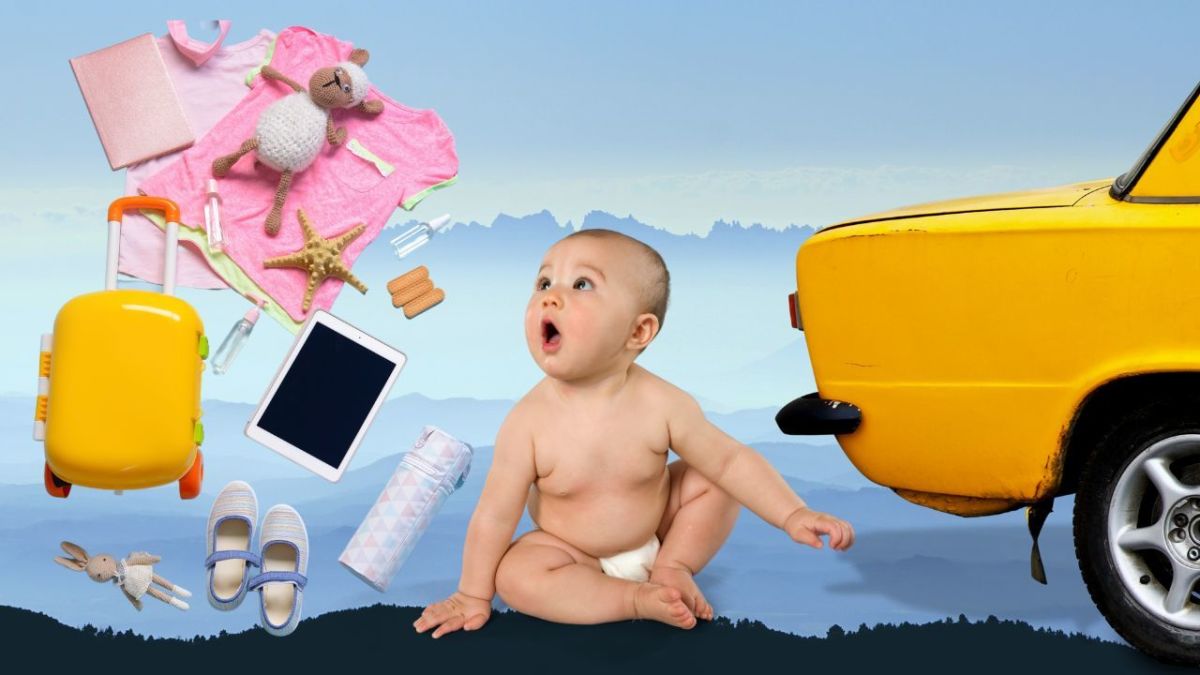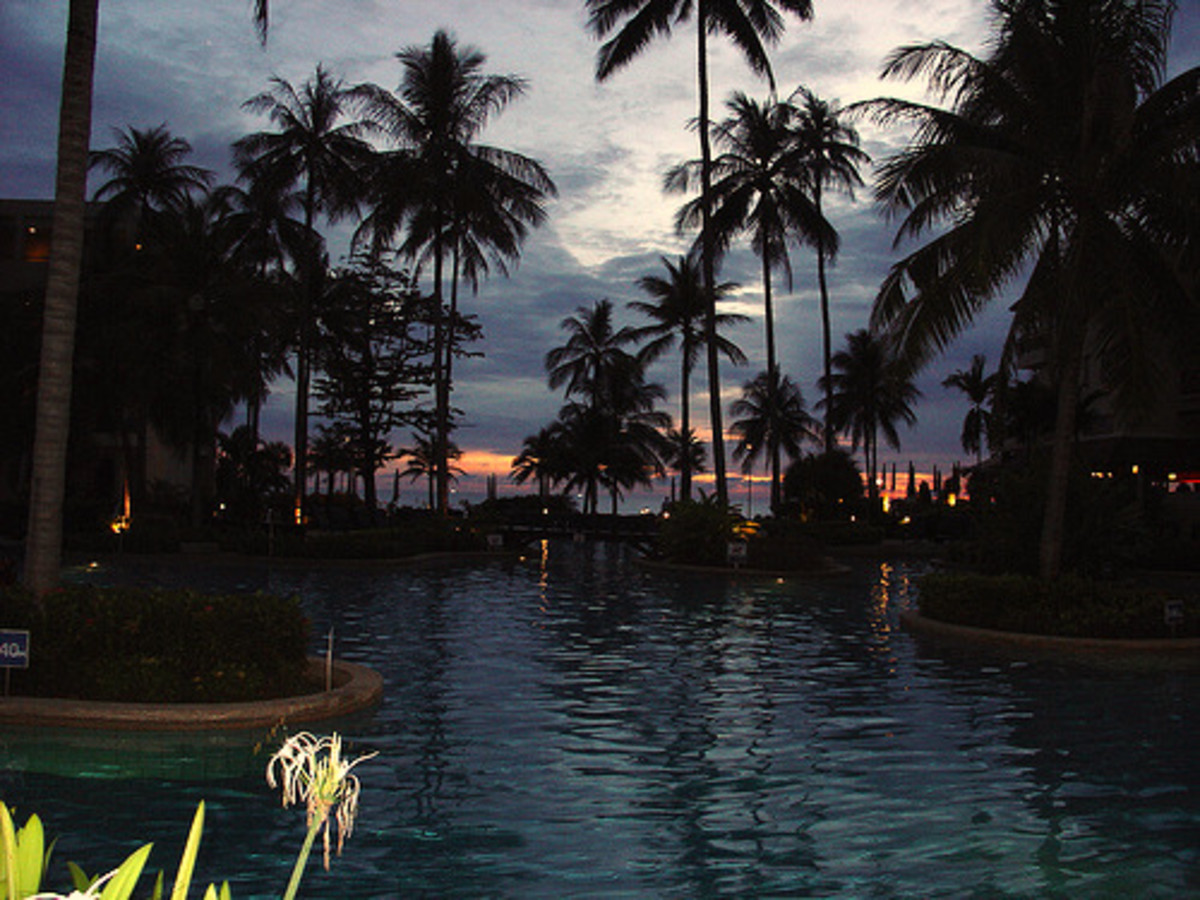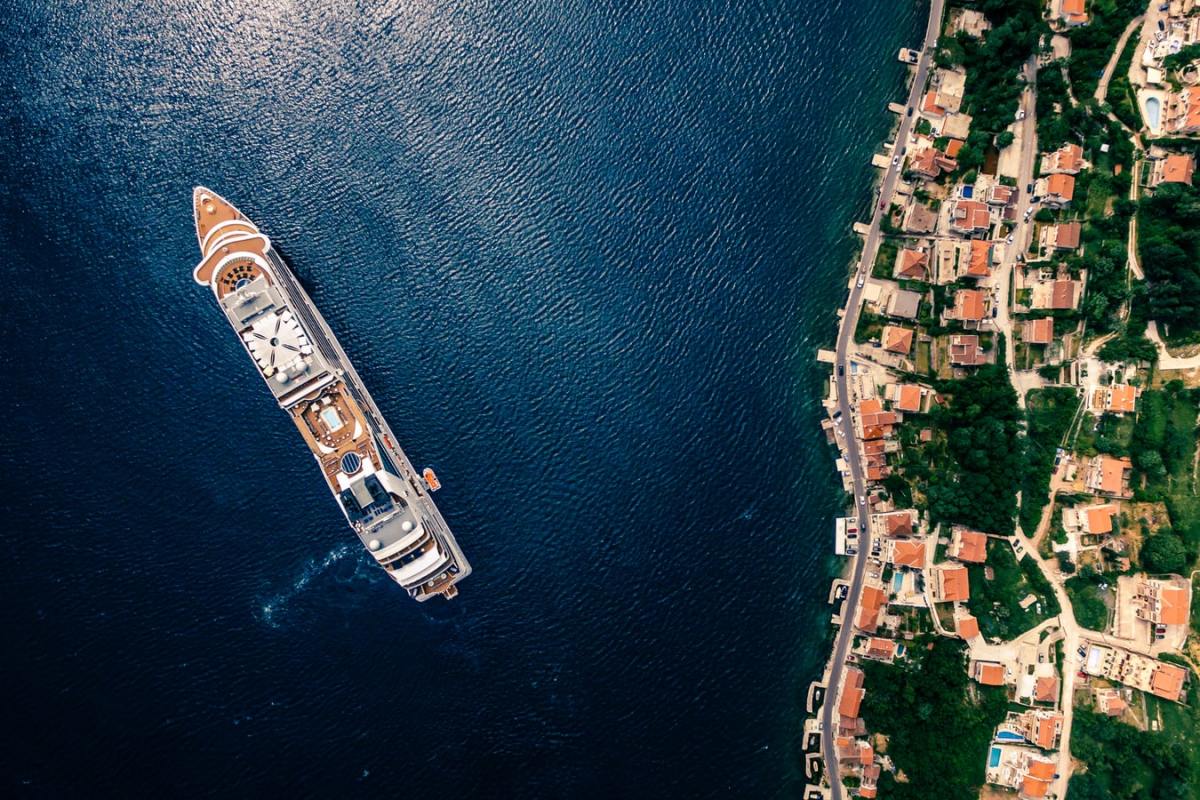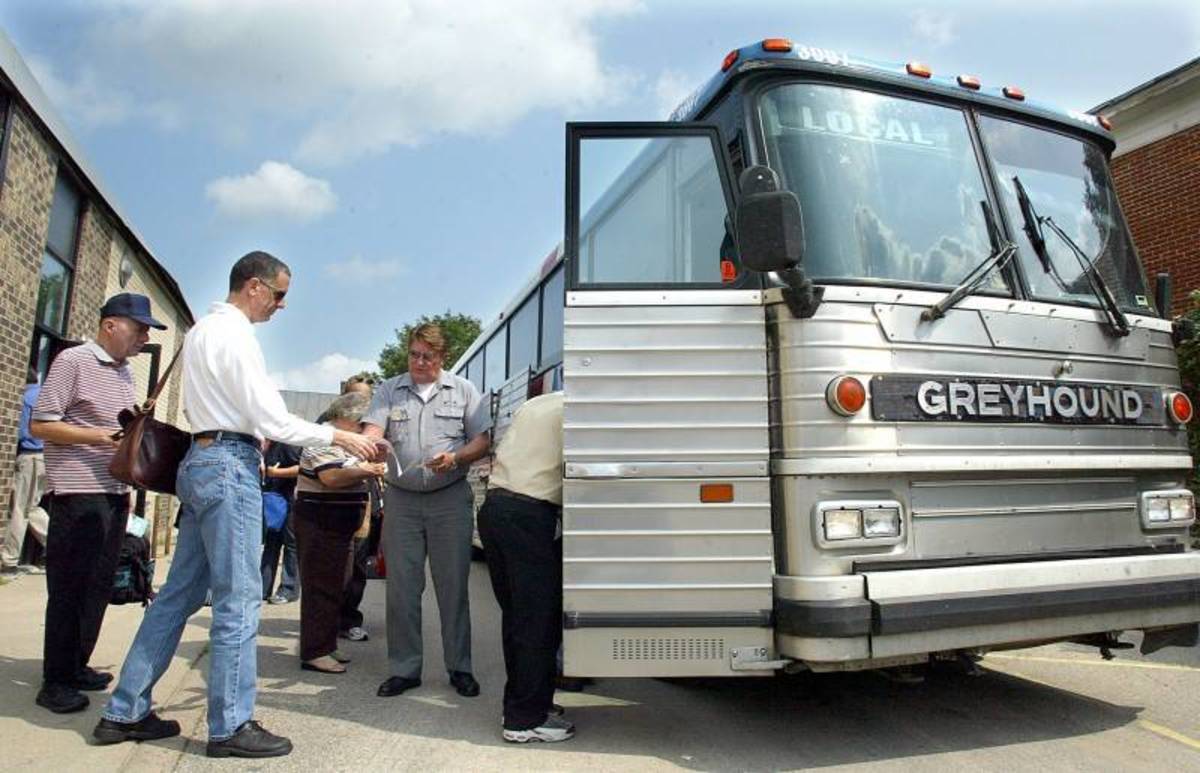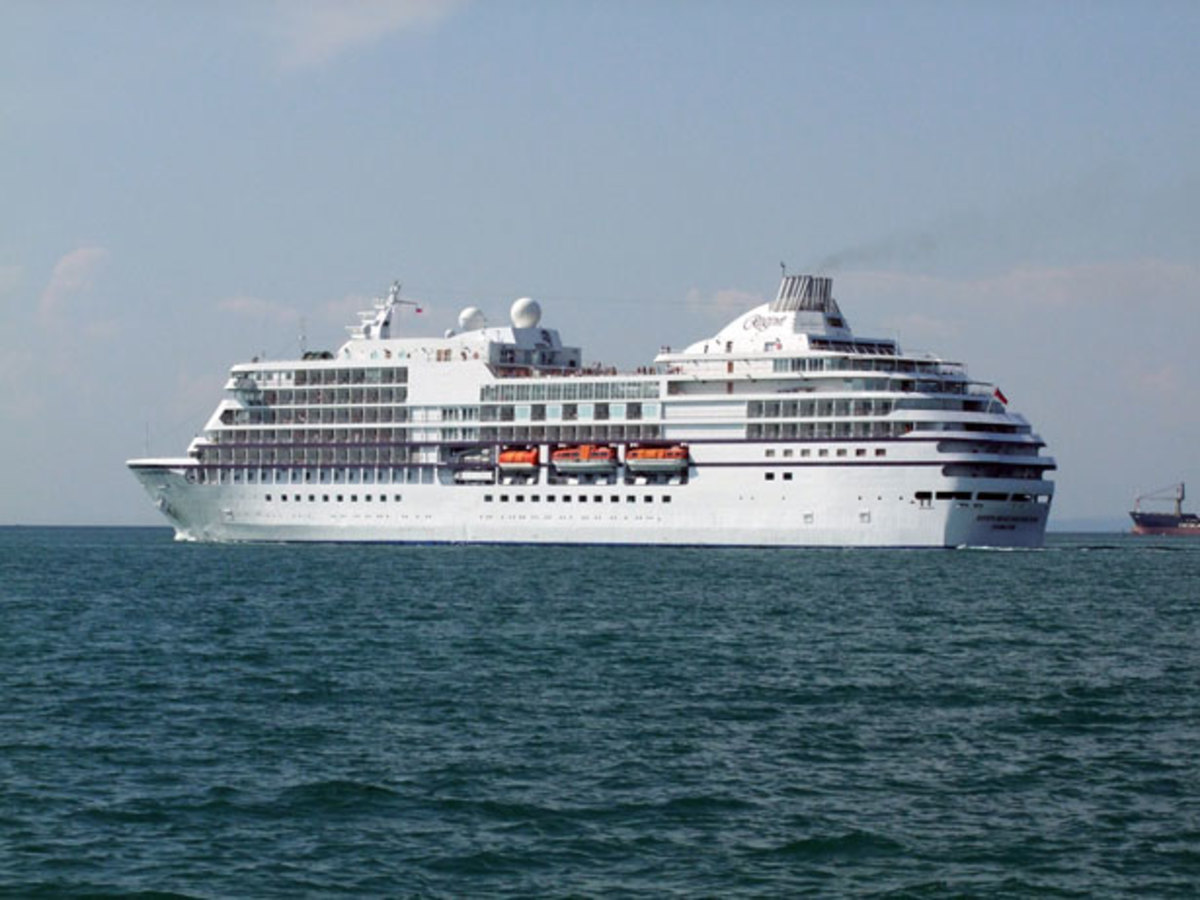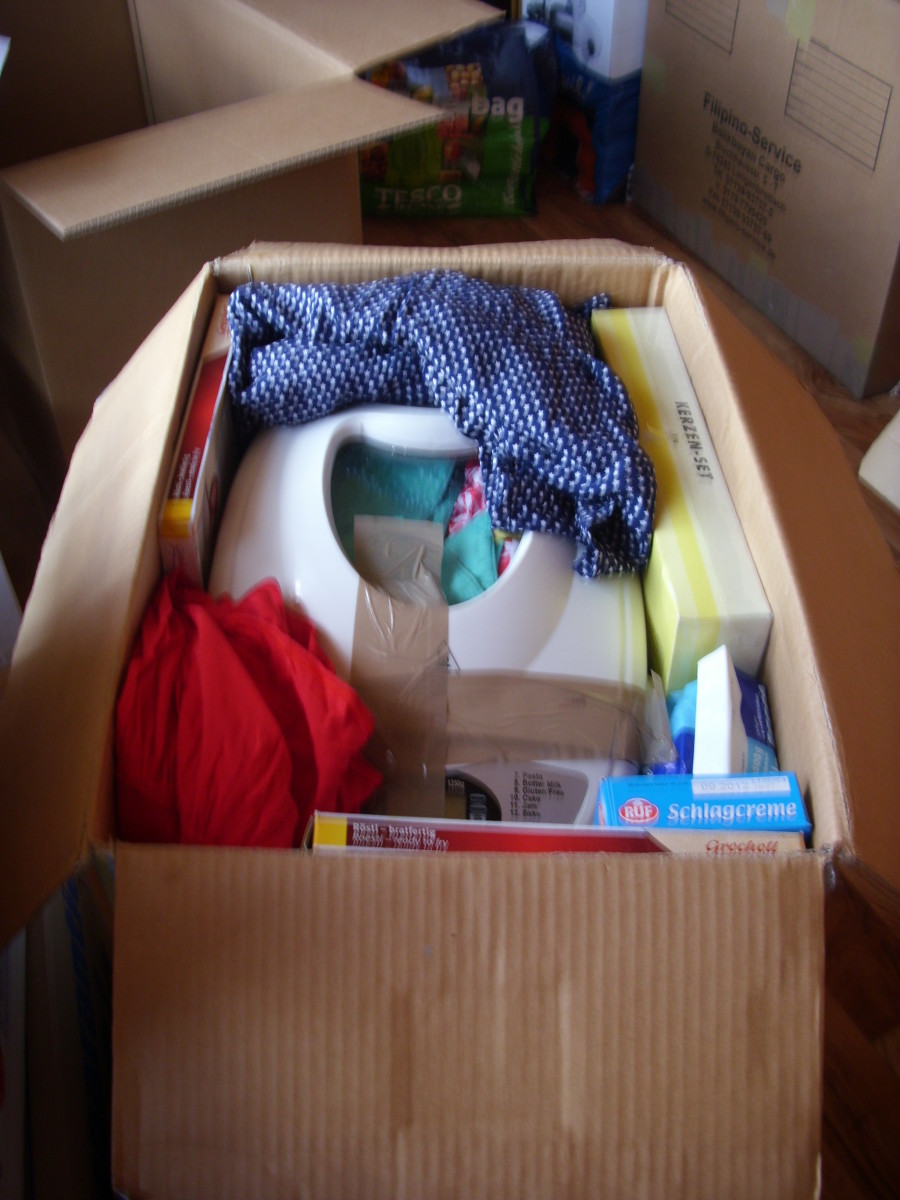How to Plan a Major Trip

Exciting Adventures
The first time traveling any great distance can be stressful. There's so much to consider and tons to do. It's easy to get overwhelmed trying to plan a major trip. However, if you're prepared and organized everything should run smoothly.
The first time I panned a major trip, I spent months stressing out about traveling by myself such a long distance. Here you'll find all the tips and tricks I learned along the way to help you have a fantastic (and stress free) trip. Every trip is different, so you'll have to decide what works for you and what you need it ignore, but if you're travelling for the first time, this page should give you a pretty good idea of how to prepare.
One of the most important things to remember is to have fun! Even if you're stressing, take the time to enjoy the process. Once you're on the trip, set aside your worries and just take it one or two days at a time. Never think too far ahead and make sure to drink in every moment. In the mean time, here's my tips of how to prepare for your adventure!
Research Your Destination
You should research your destination well before you go. The more time you spend learning about the place, the better chance you'll see everything you want and not have any regrets later. This could mean buying travel books, surfing the net, or talking to people who have been there. With the internet, it's easier than ever to find out what you need to know and make sure you don't miss anything. You also might want to visit a travel agent to get their advice.
It's best to start your research as soon as you can as it can quickly get overwhelming, especially for a long trip. I started about six months before I left and I still found it a lot to handle. Of course, the more you travel, the easier it gets! Booking a multi-day guided tour can be a great way to hit the major tourist spots and take away a lot of the stress of planning (since the tour group will take care of accommodations and entrance fees). However, it's also a good idea to have a few days on your own to explore lesser known spots if you can.
As you book tours and hotels, print off or record the info (including booking numbers) and keep it all in a file so you can easily find and refer back to it. It might also help you to make a calendar with everything you've booked so you can plan your empty days.
It's a good idea to keep a couple of days open with nothing planned so you are free to add in activities you might learn about on the way, or to simply wander and explore.
Have you ever been on a major trip?

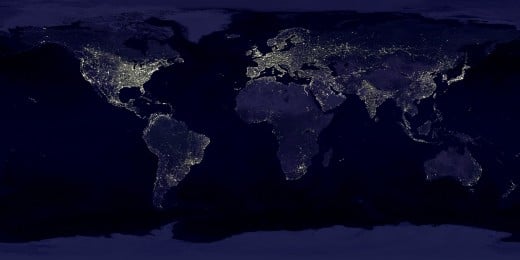
The To-Do List
As you're planning your trip, keep a list of things you need to do to be ready. This could include booking hotels and tours, booking plane tickets, things you need to buy, or getting your house ready for when you're gone. Everyone's to do list will be a bit different.
Here's the main points to consider:
- Are all your plane tickets booked and confirmed? (always confirm flights the day before)
- Are all your hotels booked?
- Are all your tours booked? (if possible--you might be booking some when you get there)
- Is your house ready? (pets taken care of, house sitter arranged, plumbing turned off, etc.)
- Do you have everything you need?
- Are all your documents ready and accessible? (passport, VISA, tickets)
Photocopy your passport and bank/credit cards (front and back) and keep the copy with you. If you lose the originals, it will be easier to fix the problem if you have the photocopy. Also leave a copy with a trusted friend at home.

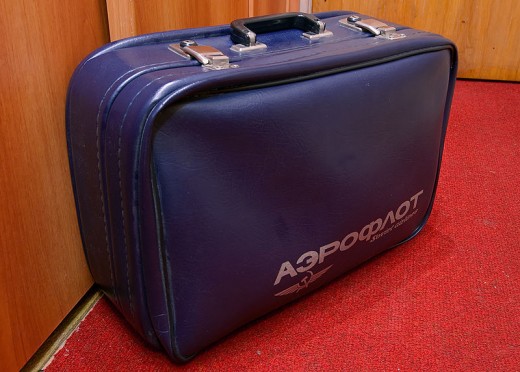
What to Pack?
Packing can be a tricky part of any major trip. You don't want to forget anything or leave behind something you need, but you don't want to bring too much, either. The fees for extra baggage on airplanes can be quite a chunk, so it's important to be careful and creative when you pack. And of course, you want to leave room for souvenirs!
Your packing list will depend a lot on where you're going. Obviously, a cold destination will require slightly different items than a tropical destination. Generally speaking, layers are a safe bet for most places. You never know if the weather will be unseasonably warm or cold. And, of course, everyone will have different items they want for their daily routines.
You should start a packing list at least a couple of weeks before a major trip so you can add to it as you think of things. If you do it the day before, you're more likely to forget something. It's also a good idea to walk through the travel section of a pharmacy for any ideas of what you might have missed.
One tip I learned is, don't bring a towel for swimming. You can take a towel from your hotel room to use at the pool if you're stuck for space when you're packing.
Here's a basic list of packing items, but you'll have to use your own discretion of which to include:
- t-shirts
- long sleeve shirts
- sweater (light and heavy, if you have room)
- jacket (rainproof is best)
- shorts
- pants
- pajamas (light and heavy, if space allows)
- long underwear
- extra socks and underwear
- bathing suit
- toiletries (toothbrush/paste, razors, deodorant, etc. It's a good idea to run through your daily routine in your head to make your own personal list)
- medications (prescriptions, plus headache pills and possibly motion sickness pills)
travel shampoo/conditioner (the small travel sizes are a huge convenience)
- bug spray
- sun lotion
- sunglasses/hat
- first aid supplies (especially band aids and disinfectant)
- notepad/pen
- book/kindle
- camera (plus battery charger, extra battery, extra card)
- luggage scale (you can buy these at travel shops and they let you weigh your luggage at home--this avoids embarrassing shifting of your luggage at airports in order to meet airline weight standards)
- travel notes/contact numbers/itinerary (basically, any information you need to check into hotels, tours, or phone numbers and addresses from home
- cash and credit card
- travel documents/ID (passport, VISA, driver's licence)
One final item that can be handy is a few dollars cash in currencies for any country you're flying over. This depends on where you're going and how easy it is for you to get the cash. It's always possible that your plane might need to make an unscheduled stop and it's good to have a few dollars cash handy so you can get a snack. It's not something to stress out over if you can't easily get it or you're flying over quite a few countries, but it's worth considering.
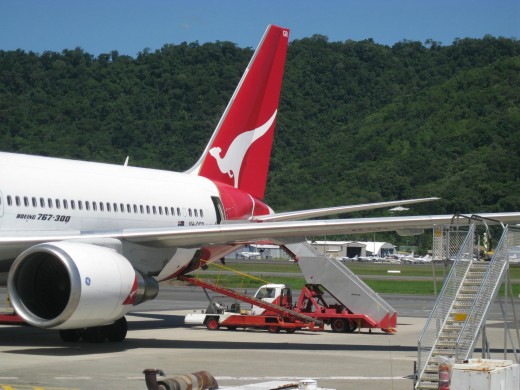
Learn Travel Restrictions
Before you travel, find out travel restrictions for airlines. Most airlines will let you have one checked bag, one carry on, and one purse/laptop bag. (Ladies, travel with a big purse for flights and carry a small purse in your luggage for your day-to-day travels.) However, airlines sometimes have different requirements for the dimensions of your luggage. Check all the airlines you're traveling with and choose your luggage according to the smallest one you need.
International flights often allow for bigger bags than domestic flights, so if you are traveling within a country you might be stuck with smaller luggage. This is when you'll get very good at packing only the essentials, and making use of every available space! Make sure you stick within the guidelines, especially for carry ons. If your carry on is too big, they may force you to check it which will mean an extra baggage fee of about $50.
One good space saver is to tie a sweater and a jacket around your waist for flights. It's a bit of a pain, but it's great to have the extra suitcase room. I actually wore sunglasses on my head even though I had regular glasses on during my flight from Sydney to Canada. I looked ridiculous, but it was the only way to get everything in my suitcase.
Most airlines have a limit on liquids in carry on luggage. If you have toothpaste, contact lens solution, or any other liquid, it likely needs to be in a container less than 100 ml. Anything bigger needs to be in your checked baggage. Also, liquids and medicines should be in a clear bag that can be taken out for security at airports.
You also need to check what documents you will need to travel to each country you are visiting. This generally means a VISA (although other documents may apply). If you're not sure, check with a travel agent. Apply for your VISA as soon as you can in case there are any problems with it.
Check what travel documents you need for any country you are traveling to, such as a VISA
The Budget...
The budget is often people's least favorite part of planning a trip. It can easily start to spin out of control if you're not careful. It's important, though, to know how much you can spend and to keep yourself under this number.
Give yourself a range for your budget so you have some room to work with. Know how much you want to spend, but be open to going a little over that number if the right opportunity comes along.
Here's some things to consider when planning your budget:
- Flights
- Hotels
- Tours/activities
- Daily travel (trains, taxis, etc.)
- Food
- Souvenirs
You can cut down on some costs if you book cheaper hotels, or even stay in hostels if you're comfortable. Try to take public transit when you can since it's cheaper than taxis. If you're trying to save money, don't eat out if you can avoid it. Go to grocery stores or convenience stores and get sandwiches, fruit, crackers, granola bars, juice boxes, etc. It's amazing how much money you can save this way!
Photo from Public Domain


When Things Go Wrong
While it's nice to think that everything will go exactly as planned, it's not always the case. The most important thing to remember when something goes wrong is DON'T PANIC.
When my friend and I were heading from Sydney to New Zealand, there was a horrible rainstorm and our flight was cancelled. The airline could reschedule us for the next morning, but that would mean we would miss activities with our tour group that we didn't want to give up. We were left scrambling trying to find another flight as early as possible so we didn't miss much of our tour. Thankfully, because of technology, we were able to use the airport's wi-fi to find a flight with another airline that evening. We ended up wandering around Sydney (during which this picture was taken in The Queen Victoria building), doing some shopping, and actually having a really good day. I'll admit that we were lucky things worked out, but a big part of that was keeping calm and exploring all our options.
If a flight gets cancelled, find out your options from the airline, but also look at other airlines to see if there's a better offer. Even if you lose a bit of money, it might be worth it. If you get to a hotel and find out something has gone awry, remember that people backpack all the time and take whatever accommodation they can get for the night. There's always hostels, which are much nicer than they're made out to be in the movies. Make sure you have all your confirmation numbers for hotels and tours and you're less likely to run into problems. As for flights...you just have to keep your fingers crossed! Travelling with a wi-fi capable device is a handy tool in case you need to find a new flight quickly.
Do you have any more travel tips? Any questions I didn't answer here? Feel free to share or ask below! Or, I'd love to hear where you're planning to go or any experiences you've had travelling in the past!

